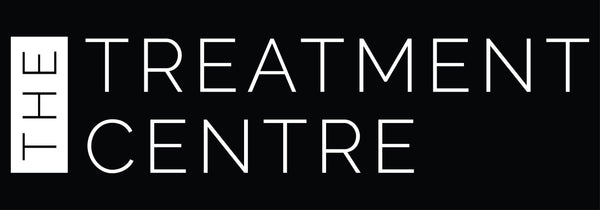
Peri-Menopause and Eczema: What You Need to Know
As women approach midlife, many begin to experience subtle yet impactful changes in their bodies, often well before their final menstrual period. This transitional phase, known as peri-menopause, brings with it a shift in hormones that can influence various aspects of health, including the skin. One lesser-known, yet increasingly recognised concern is the link between peri-menopause and eczema.
At The Treatment Centre, we believe in understanding the why behind skin changes. By exploring the connection between hormonal fluctuations and eczema, we empower our clients to make informed, compassionate choices about their skin health.
What Is Peri-Menopause?
Understanding Eczema and Its Root Causes
Eczema, or atopic dermatitis, is a chronic inflammatory skin condition marked by dry, itchy, red, and sometimes cracked skin. While its origins can be genetic, it is often triggered or worsened by:
Hormonal imbalances
Stress
Environmental factors
Immune dysregulation
Skin barrier dysfunction
For women in peri-menopause, fluctuating hormone levels—especially declining oestrogen—can exacerbate these triggers.
How Hormonal Changes Affect the Skin
Oestrogen plays a crucial role in maintaining skin hydration, elasticity, and barrier function. As levels drop, the skin can become:
Drier and more fragile
More prone to inflammation
Slower to heal
More reactive to allergens or irritants
This compromised skin barrier makes it easier for eczema to flare up, even in women who never had eczema before.
Signs to Look Out For
During peri-menopause, you may notice:
Patches of dry, itchy, or flaky skin
Redness, especially on the face, neck, or hands
Skin sensitivity to products you once tolerated
Eczema flaring alongside stress or poor sleep (common during hormonal shifts)
Holistic Support for Eczema in Peri-Menopause
💧 Hydration & Barrier Support
🌿 Topical and In-Clinic Therapies
🧠 Stress Management
🍽️ Nutritional Insight
You're Not Alone
Ready to better understand your changing skin?
Book your Skin Health Discovery Session at The Treatment Centre and let us support you with personalised care that honours every stage of your life.
